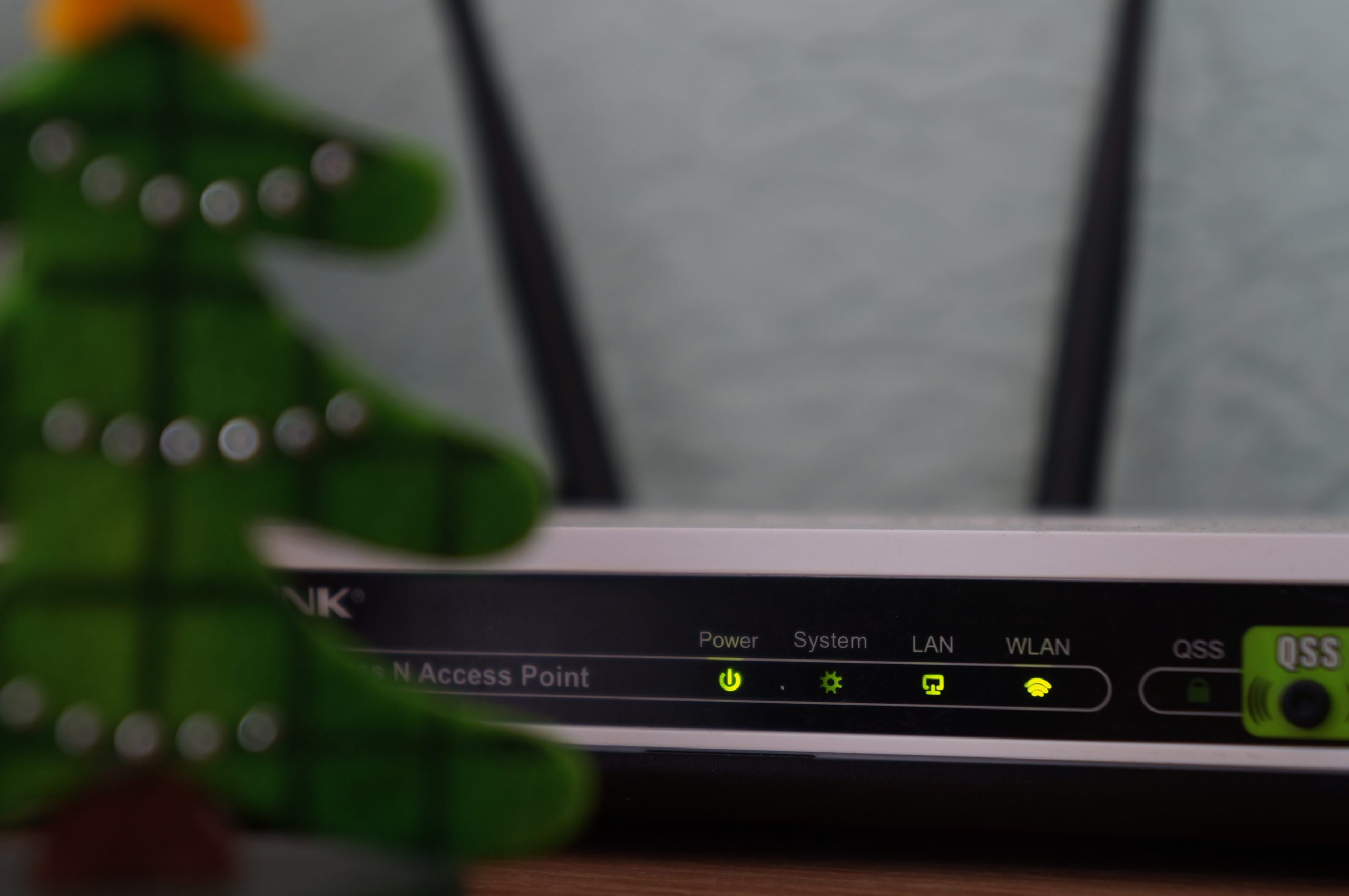


The Future of Wireless, Harvested by WiFi6

A Home Run For Better WiFi
New Client of the Regulatory State Expects Results
When the federal government torpedoed the AT&T/T-Mobile USA merger in December pursuant to the current administration’s commitment to “reinvigorate antitrust enforcement,” it created a new client in search of official protection and favors.
It was clear there is no way T-Mobile – which lost 802,000 contract customers in the fourth quarter – is capable of becoming a significant competitor in the near future. T-Mobile doesn’t have the capital or rights to the necessary electromagnetic spectrum to build an advanced fourth-generation wireless broadband network of its own.
T-Mobile’s parent, Deutsche Telekom AG, has been losing money in Europe and expected its American affiliate to become self-reliant. In 2008, T-Mobile sat out the last major auction for spectrum the company needs.
The company received cash and spectrum worth $4 billion from AT&T when the merger fell apart, from which T-Mobile plans to spend only $1.4 billion this year and next on the construction of a limited 4G network in the U.S. But it must acquire additional capital and spectrum to become a viable competitor.
Unfortunately, every wireless service provider requires additional spectrum. “[P]rojected growth in data traffic can be achieved only by making more spectrum available for wireless use,” according to the President’s Council of Economic Advisers. Congress recently gave the FCC new authority to auction more spectrum, but it failed – in the words of FCC Chairman Julius Genachowski – to “eliminate traditional FCC tools for setting terms for participation in auctions.”
Everyone fears it will take the FCC years to successfully conduct the next round of auctions while it fiddles “in the public interest.” That’s why Verizon Wireless is seeking to acquire airwaves from a consortium of cable companies, and why T-Mobile will do anything to stop it.
FCC strikes out on AT&T + T-Mobile opportunity
AT&T and T-Mobile withdrew their merger application from the Federal Communications Commission Nov. 29 after it became clear that rigid ideologues at the FCC with no idea how to promote economic growth were determined to create as much trouble as possible. The companies will continue to battle the U.S. Department of Justice on behalf of their deal. They can contend with the FCC later, perhaps after the next election. The conflict with DOJ will take place in a court of law, where usually there is scrupulous regard for facts, law and procedure. By comparison, the FCC is a playground for politicians, bureaucrats and lobbyists that tends to do whatever it wants. In an unusual move, the agency released an analysis Read More ›
Blocking AT&T + T-Mobile merger will not create jobs
Blocking the merger between AT&T + T-Mobile is apropos of this administration’s strategy for creating jobs, according to James M. Cole, the deputy attorney general.
The view that this administration has is that through innovation and through competition, we create jobs. Mergers usually reduce jobs through the elimination of redundancies, so we see this as a move that will help protect jobs in the economy, not a move that is going in any way to reduce them.
Remarkably, someone forgot to include that in the complaint filed by the Department of Justice in the District Court for D.C. The complaint itself does not allege that the merger will cost jobs, nor does it suggest that blocking the merger would create or save jobs. As a technical matter, antitrust is not concerned with job protection, although many seek to exploit it for that and other purposes. More on why that is a bad idea in a minute.
Instead, the complaint is focused specifically on the possibility that the combined company may not longer offer T-Mobile’s lower-priced data and voice plans to new customers or current customers who upgrade their service.
Yet, the complaint concedes that from a consumer’s perspective, local areas may be considered relevant geographic markets for mobile wireless telecommunications services. On the other hand, enterprise and government customers require services that are national in scope, according to the complaint.
Verizon Wireless-Google partnership could trigger lawyerfest
Verizon Wireless and Google plan to co-develop several devices based on the Android system that will be preloaded with their own applications — plus others from third parties, a possible contender to Apple’s huge iPhone application store. They will market and distribute products and services, with Verizon also contributing its nationwide distribution channels. If the network neutrality mandates in the Markey-Eshoo bill were to become law, I don’t see how VZW and GOOG could preload applications, if the applications favor certain content on the Internet when they are used. That would seem to violate the “duty” of Internet access service providers to not block, interfere with, discriminate against, impair, or degrade the ability of any person to use an Internet Read More ›
Short life of exclusivity
Morgan Stanley analyst Kathryn Huberty believes iPhone sales could double if Apple ends its exclusive partnership with AT&T. Huberty cites a 136 per cent increase in the iPhone’s French market share after the überpopular smartphone became available from SFR and Bouygues Telecom after initially being limited to Orange. * * * *”In the top six iPhone markets that are still exclusive,” she writes, “we believe that Apple’s market share could rise to 10 percent, on average, in a multiple carrier distribution model from 4 percent today.” The FCC shouldn’t follow the French example of prohibiting iPhone exclusivity. Appearances to the contrary, this isn’t a regulatory success story. Regulation just happened to be in the right place at the right time. Read More ›
Anarchy beats regulation
The Economist’s special report on mobile phone service in developing countries notes that in Africa cellphone service has been more successful in war torn countries than in nations who practice heavy regulation. There is clear evidence that liberalisation drives adoption (see chart 3). The most vivid illustration comes from a comparison between two African countries: Ethiopia and Somalia. Ethiopia is one of the few remaining countries where mobile telecoms remains a government-run monopoly. By the end of 2008 the country had a “mobile teledensity” of 3.5% (ie, 3.5 mobile phones per 100 people), compared with 40% for Africa as a whole. By contrast, in war-torn Somalia, a similarly poor country with no functioning government and a completely unregulated telecoms market, Read More ›
Mobile money
The Economist has a great special report on mobile phone service in developing countries. For one thing, “mobile money” is transforming the lives of ordinary people in areas with poorly-developed banking systems. … a new opportunity beckons: mobile money, which allows cash to travel as quickly as a text message. Across the developing world, corner shops are where people buy vouchers to top up their calling credit. Mobile-money services allow these small retailers to act rather like bank branches. They can take your cash, and (by sending a special kind of text message) credit it to your mobile-money account. You can then transfer money (again, via text message) to other registered users, who can withdraw it by visiting their own Read More ›
